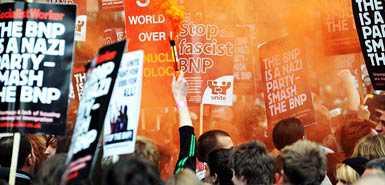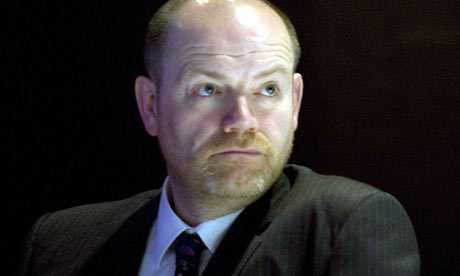Turkey was shocked by Goldstone’s report on the Gaza conflict, but Israel is seeking other explanations for deteriorating ties
The apparent inability of Israeli leaders to see their actions as others see them – that is to say, to put themselves in other people’s shoes – may partly explain the depth of the outrage with which they greeted the Goldstone report on last January’s Gaza conflict. Prime minister Binyamin Netanyahu seems to have been genuinely taken aback by the UN inquiry’s hard-hitting conclusions, in particular its recommendations about the investigation of individual Israeli responsibility for possible war crimes.
What Netanyahu, former prime minister Ehud Olmert, opposition leader Tzipi Livni, defence minister Ehud Barak and rightwingers such as foreign minister Avigdor Lieberman viewed as a fully justified act of self-defence in the face of relentless Palestinian rocket attacks was seen by much of the world, despite Israel’s ban on media access, as an appalling, disproportionate assault on a defenceless civilian population. Gaza did enormous damage to Israel’s reputation and interests – but it is unclear, even now, whether this is fully understood in Jerusalem and Tel Aviv.
Radically differing perceptions, running exclusively in parallel lines, also exacerbate touchy issues such as Israel’s undeclared nuclear weapons arsenal and the apparent contradiction of denying Iran its nuclear “rights”. But sometimes, worlds collide.
An unexpected move by Turkey last week to postpone military exercises with Israel suddenly channelled conflicting versions of reality into a direct, head-on crash. Ankara’s decision was its way of expressing its continuing displeasure over Gaza. Prime minister Tayyip Erdogan fell out publicly with Shimon Peres, Israel’s president, over the issue at Davos in January. The row has been simmering ever since. But by dramatically wrecking the flagship exercises, which also involved the US and other Nato members, Turkey effectively forced Israel’s leadership to look at things from the other side’s perspective.
The picture thus produced is both instructive and discouraging. Secular Muslim Turkey is (or was) Israel’s best friend in the Middle East. Bilateral trade between the two countries is worth about $3bn a year; military co-operation, including Israeli arms sales, is long-established. Before Gaza, Turkey acted as mediator in talks between Israel and its old foe, Syria. Ankara also offered a link to sympathetic Arab states of the Gulf. Turkey’s economy is growing overall, as is its importance as an energy and commercial hub. In short, it was clear that Turkey was a uniquely important and influential ally.
Recognising the value of the link, some Israeli politicians tried to play down the rift, apparently hoping to patch things up. But others, including commentator Amir Oren, looked for different reasons to explain Turkey’s behaviour, refusing to believe Gaza could be the cause. “Erdogan is aiming for a large-scale reconciliation with old enemies: the Armenians, the Syrians, the Greek Cypriots and the Kurds. Israel is a burden for him, not an asset,” Oren said.
Other explanations included the assertion that Erdogan had imposed his will on Turkey’s weakened military, which in the past would have resisted his order to cancel the exercises. Meanwhile, Ofra Bangio, a Turkey expert at Tel Aviv University, told the Christian Science Monitor that Turkey’s domestic and foreign policy calculations were shifting as it strengthened its ties with Iraq, Syria and other leading Arab world countries and turned away from an unwelcoming European Union. “In Turkish foreign minister Ahmet Davutoglu’s ideological framework, Israel doesn’t play a central role,” Bengio said.
A senior Israeli foreign ministry official, speaking to the Haaretz newspaper after an emergency meeting to discuss the crisis with Turkey, was even more pessimistic. “It may be that the reality has changed and that the strategic ties we thought existed have simply ended,” the official said. “Maybe we need to be the ones who initiate renewed thinking regarding our ties and must adopt response measures.”
On this analysis, Israel’s relationship with Turkey, valuable for so many reasons, may soon be a thing of the past – an avoidable outcome since the analysis looks fundamentally flawed. They’re not pretending; Turks really are upset about Gaza, as indicated by a much-watched Turkish television drama series depicting clashes between Israeli soldiers and Palestinians that has further inflamed relations. The Turkish public was scandalised by January’s events and Turkey’s politicians have reacted accordingly, as politicians do.
But among Israeli leaders, the perception is different. Gaza, a justifiable action, cannot be accepted as the real reason for the row; so ulterior motives and complicated explanations are sought. Inhabiting a parallel world, they just don’t get it.
Source: www.guardian.co.uk, 22 October 2009






